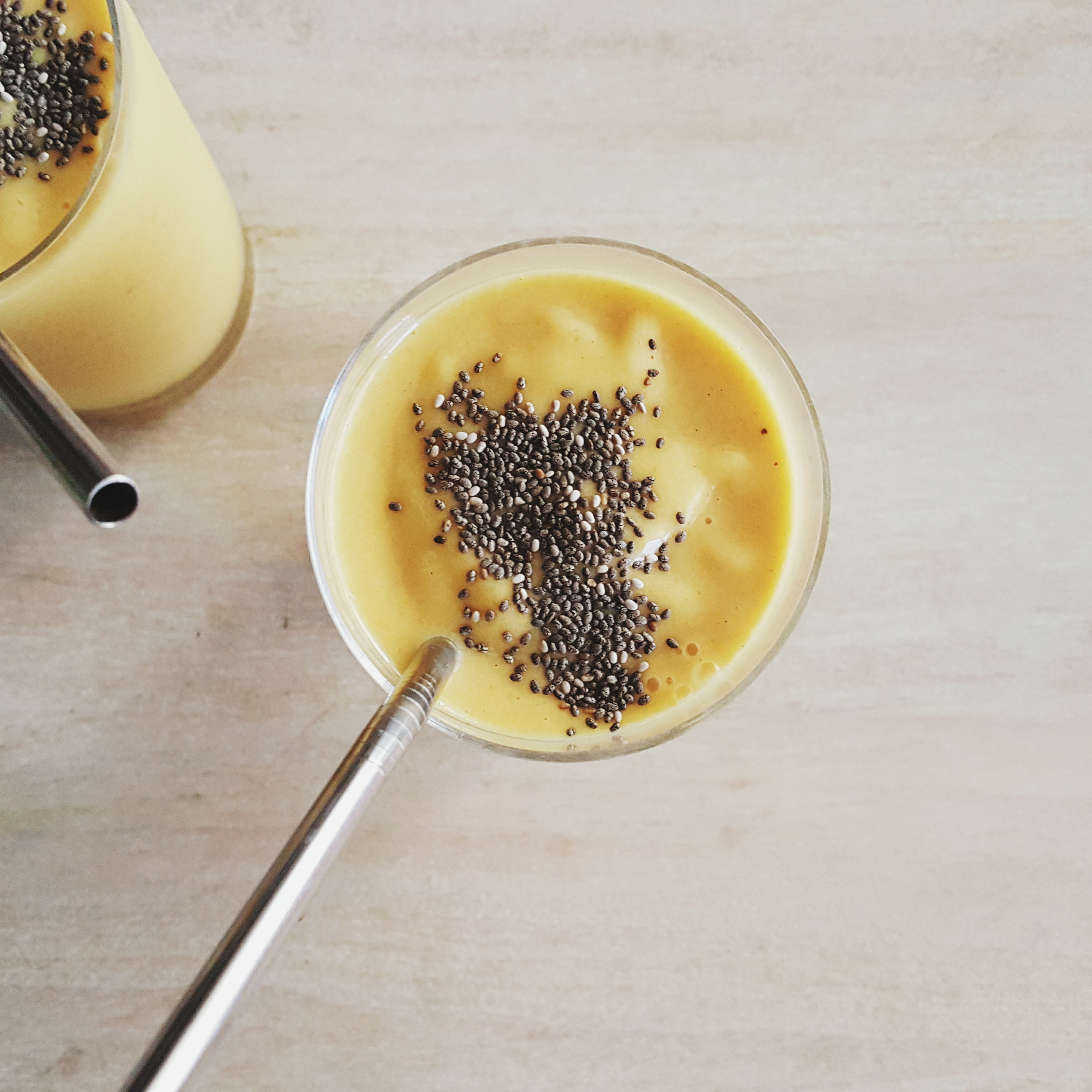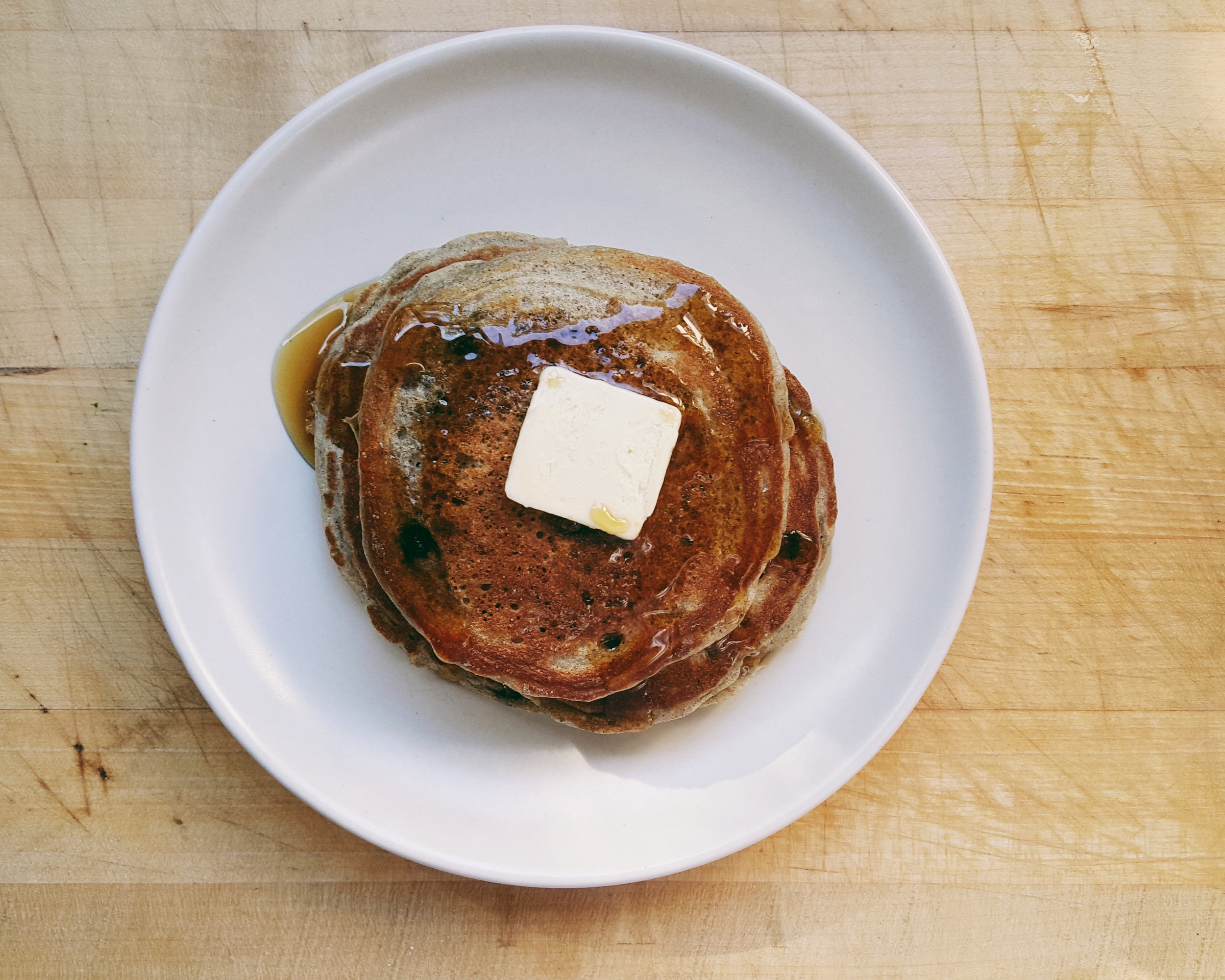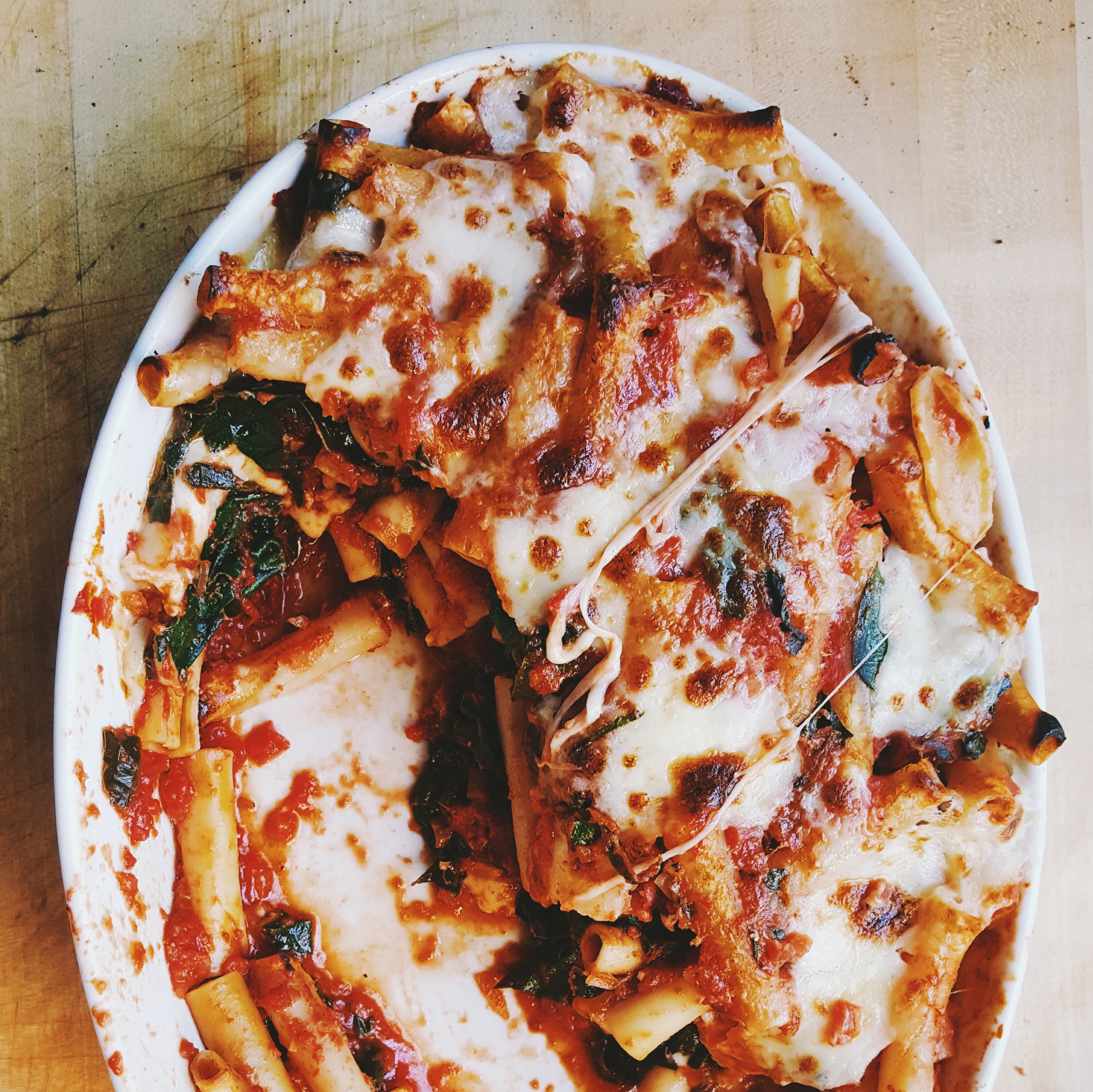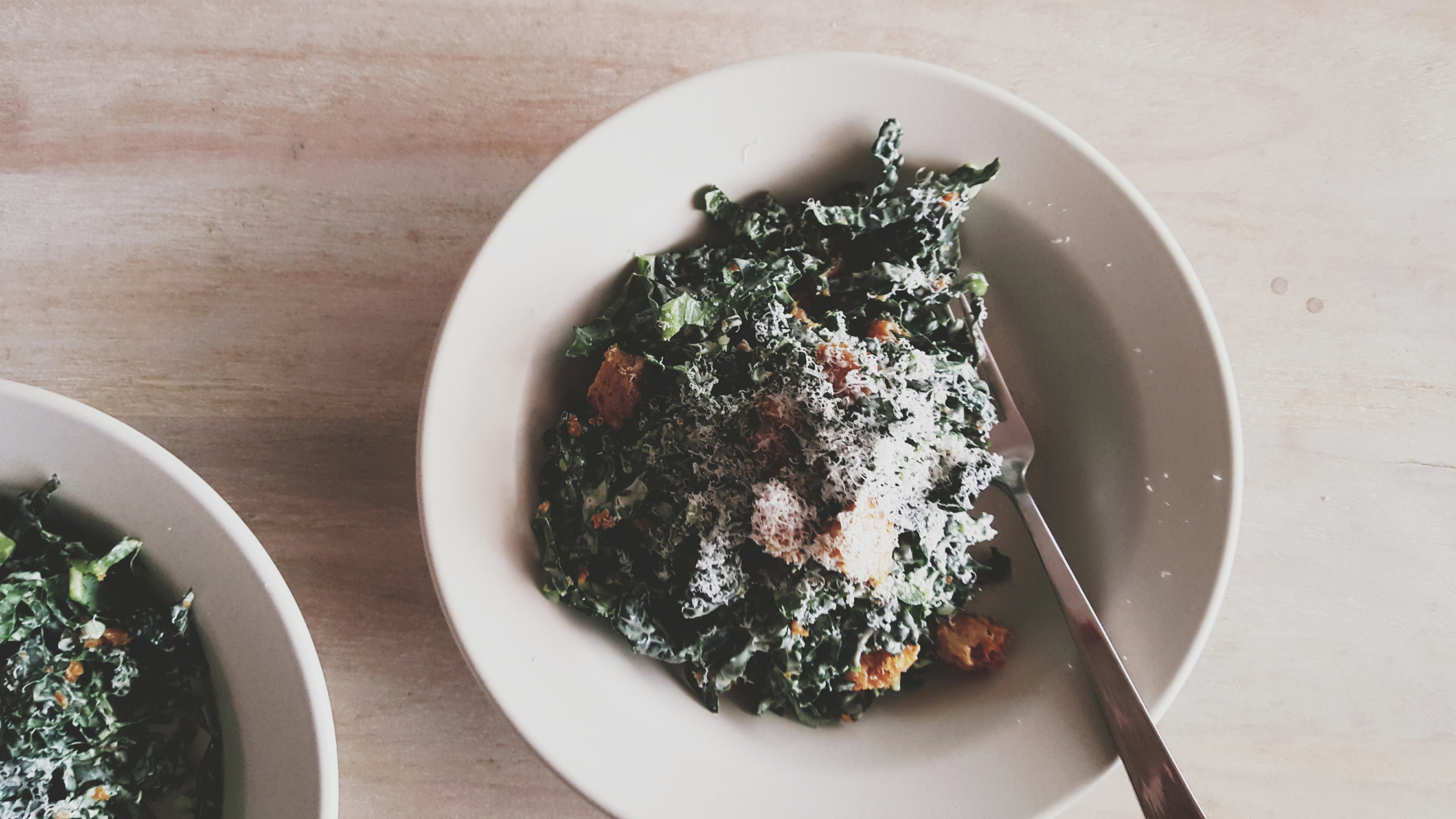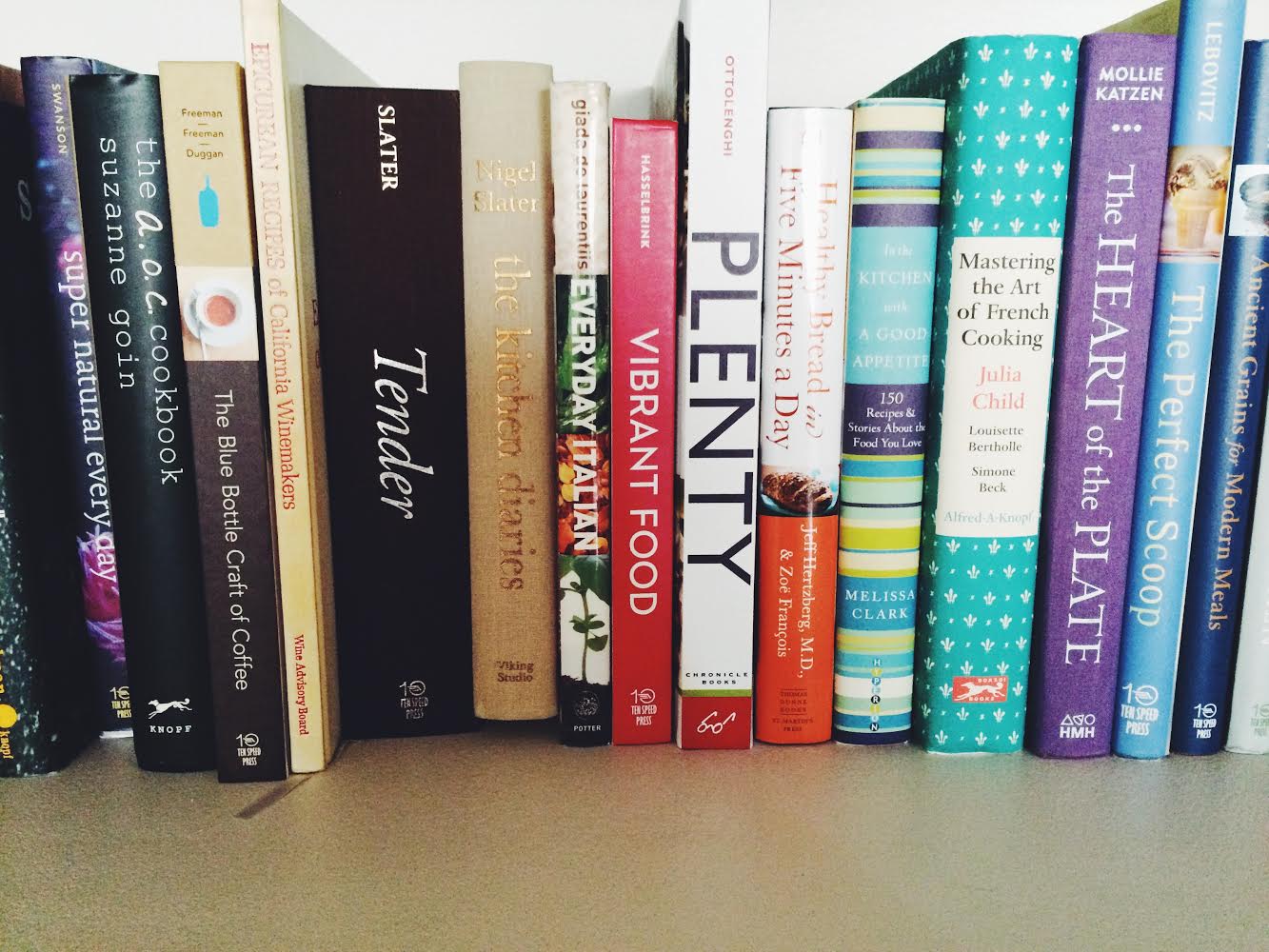Book Ends is a new series where I share insights about the cookbook writing process. For even more, subscribe to my newsletter.
The thing about writing is you have to love the journey. If you don't, you'll be disappointed most of the time because writing's biggest milestones take time to appear, often a good long while. Big moments are thrilling and all, but it's the quiet, daily writing nurtured day in and day out that gets us there.
Case and point: On March 1st I submitted the first draft of Eat This Poem to my publisher. Yes! But to keep things in perspective, this moment was two years in the making. Naturally, I wanted to celebrate and mark the occasion so after hitting "send" on an email with an attachment titled "Eat This Poem Manuscript Final," I walked to the beach.
At a leisurely pace it took about 20 minutes, which was the perfect amount of time to ponder the culmination of more than two years of work. To say I felt lighter would be an understatement. But more than that, I felt a profound sense of completion and gratitude for arriving at this milestone. I wanted to celebrate and feel all the feels, as the saying goes.
It was a Tuesday, so the beach was mostly deserted, and when I sat down on a cement bench at the edge of the sand, my eyes welled up with tears. I anticipated this might happen and welcomed it as best I could. These were happy tears, of course. Proud tears. Astonished tears.
A few days later, I went to the beach again.
This time, I ran.
Well, I tried to run. I didn't make it very far, actually, but I knew that would happen. The point is, I was planning to go to yoga, but decided to run because my body told me so.
The sensation isn't new to me. I've always been athletic and ran cross country during high school, it's just the past few years have required a different type of exercise. Since 2013, yoga has been my spiritual and physical exercise, almost exclusively. It got me through the stress of a two-hour commute, as well as my prenatal months. Ever since Henry's been born, all I've wanted to do is run.
Standing in front of the water, I remembered something my friend Lisa posted on her Instagram account recently.
of all the things
i could've been,
i am so glad
to be this
thank god
i didn't actually become
who i pretended to be
back when
i had no idea
who i was
-rudy francisco
When I run (or try to run), I can't help but think of my former self. The seventeen-year-old without a ring on her finger, without the extra inch around her hips, without a clear course or sense of purpose just yet. Without a book contract. Without a son. My, times have changed.
One of the biggest lessons of adulthood I've learned over the years is the importance of listening to your body. This goes for creativity, too. Right now, you might need to record your birth story before it blurs into memory, or draft an essay about growing up with a sibling 15 years older than you. Maybe you need to start journaling every day, or outline a future novel. Maybe you need to pull up some very old files on your computer and read something you wrote several years ago, then polish it like a shiny coin.
Don't worry that there's more than one idea floating in your head, because there always will be. The question is, what story do you need to tell right now?
This urgency intertwined food and poetry for me in 2012, and now look where we are. So go with your gut. You never know where a story will lead, either, which of course is one of the very best parts indeed.



